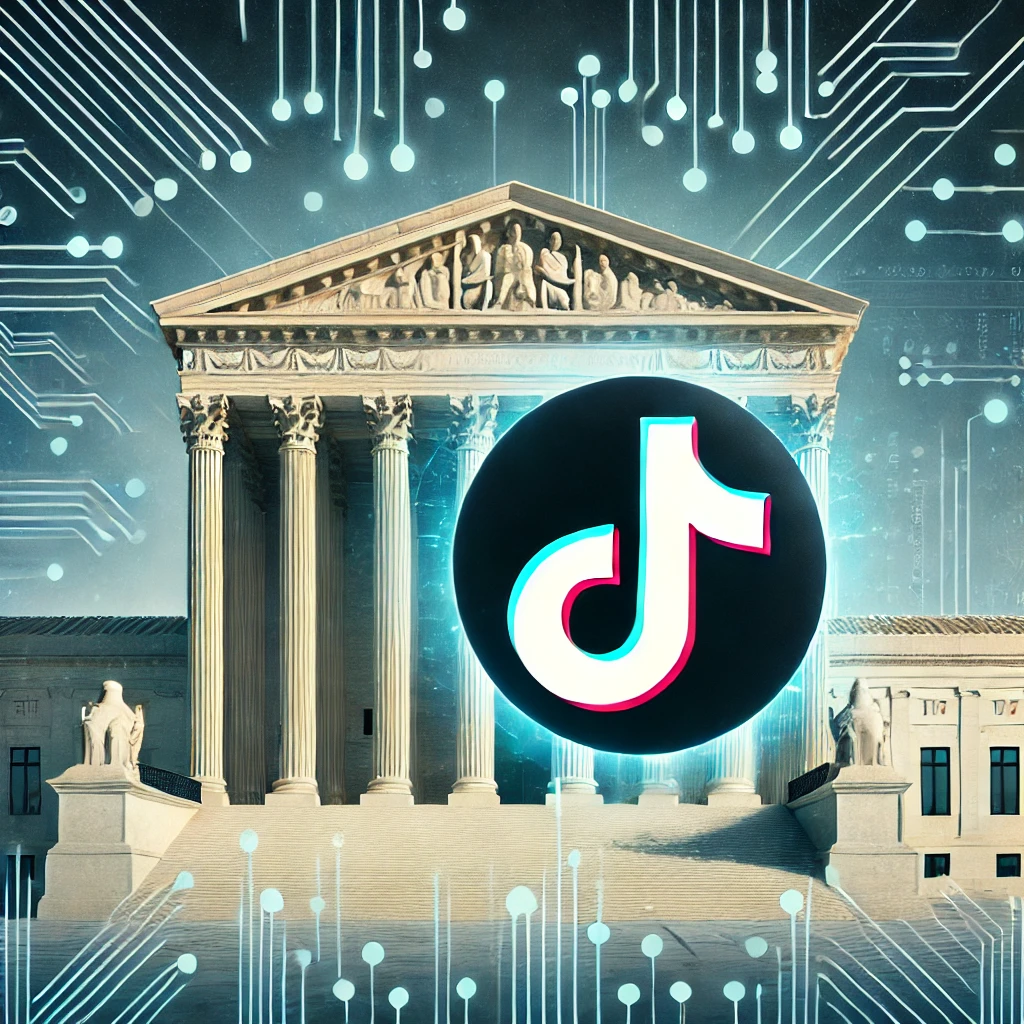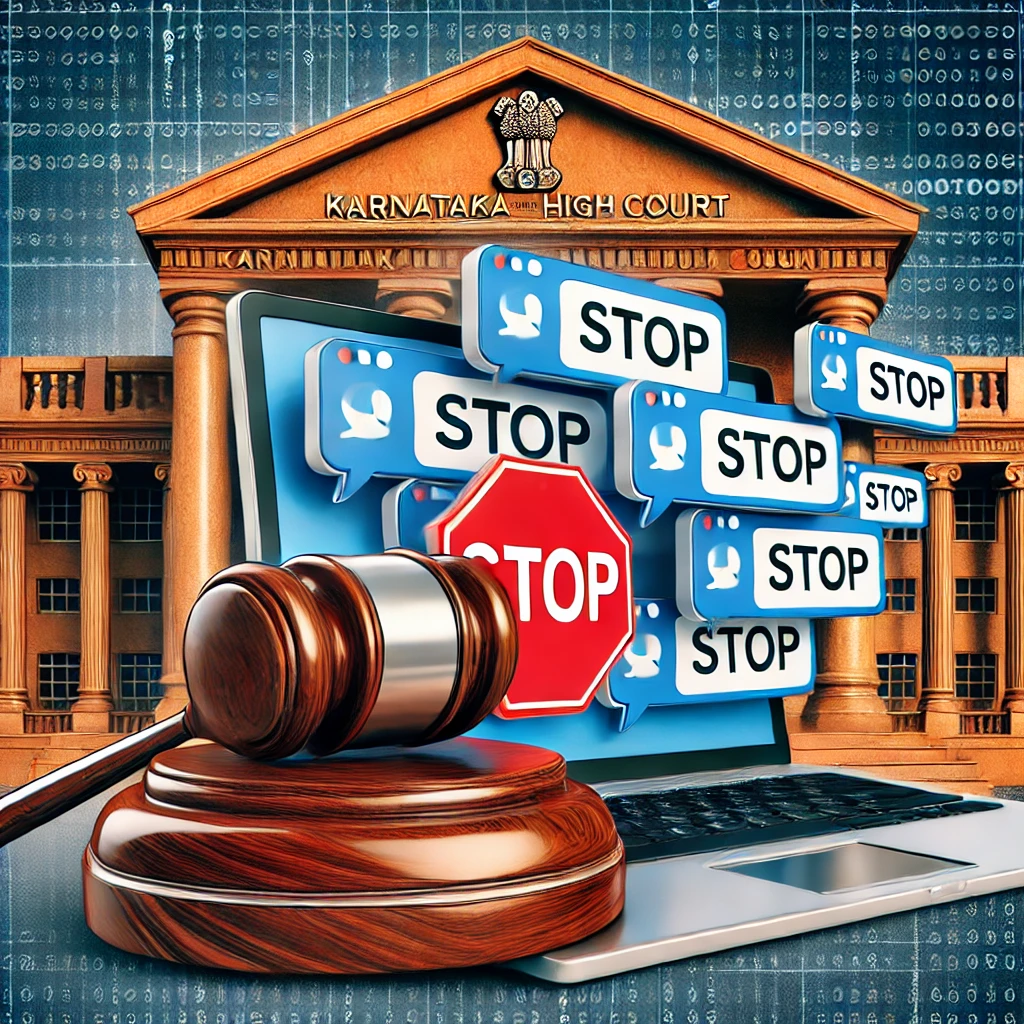Media laws at El Salvador
El Salvador's media laws and their enforcement have faced significant criticism from international human rights and press freedom organizations in recent years, particularly under the administration of President Nayib Bukele. While the constitution nominally guarantees freedom of the press, recent legislative changes and government actions are seen as severely undermining this right.
Constitutional and Traditional Legal Framework
Constitution of El Salvador: The constitution generally protects freedom of expression and the press.
Access to Public Information Law (2011/2012): This law was initially praised for improving transparency by allowing citizens to request information from public institutions. However, its effectiveness has been undermined by subsequent government actions and interpretations.
Decriminalization of Slander, Libel, and Defamation (2011): This was a significant step towards greater press freedom, though some specific exceptions for defamation of presidential candidates were later introduced.
Special Law for the Right to Rectification or Response (2013): This law requires media outlets to publish or broadcast word-for-word "responses" from anyone who feels offended by content, with potential penalties for non-compliance.
Recent Legislative Changes and Concerns (Highly Critical)
The period under President Bukele's government has seen a series of legislative changes and practices that have drawn strong international condemnation for their negative impact on media freedom:
"Foreign Agents" Law (Approved May 2025):
This highly controversial law requires individuals and organizations receiving international funding, including independent media outlets and NGOs, to register as "foreign agents" with the Ministry of Interior.
It imposes a 30% tax on foreign funds and grants the government sweeping authority to monitor, fine, or even shut down those who fail to comply.
Concerns: Critics, including the Committee to Protect Journalists (CPJ) and Human Rights Watch (HRW), argue this law is a direct threat to press freedom, designed to silence dissent, financially cripple independent media, and target those who expose corruption or human rights abuses. Its vague language allows for arbitrary application, reminiscent of laws used by authoritarian regimes.
Cybersecurity and Data Protection Laws (Approved November 2024):
These laws establish a State Cybersecurity Agency (Agencia de Ciberseguridad del Estado), led by a presidential appointee, with broad powers over cybersecurity and data protection.
They include a "right to be forgotten," allowing individuals to request the removal of their data from the internet, including from media outlets and search engines, if deemed "inadequate, inaccurate, irrelevant, outdated, or excessive."
Concerns: Human Rights Watch warns these laws could be weaponized for censorship. The "right to be forgotten" provision, as drafted, could allow the government to pressure media outlets to delete critical information about officials under the guise of data protection, threatening both individual expression and society's right to access information.
Reforms to the Penal Code and State of Emergency:
In 2022, legal reforms were approved that allow for the prosecution of anyone who "talks about" organized crime gangs and their links to the government. This has led to concerns about criminalizing coverage of security issues or gang violence.
The ongoing state of emergency declared to tackle gang violence has also been used to curtail access to public information and has created an environment of fear. Journalists reporting on gang issues face risks of being accused of collaboration.
Regulatory Bodies
Superintendencia General de Electricidad y Telecomunicaciones (SIGET): This is the general regulatory body for electricity and telecommunications, including licensing and spectrum allocation for broadcast media.
Ministry of the Interior: With the "Foreign Agents" law, the Ministry of the Interior now plays a significant role in overseeing organizations receiving foreign funding, including media.
State Cybersecurity Agency: Newly established under the cybersecurity laws, this agency will have significant oversight over online content and data.
Challenges to Press Freedom
Beyond the specific laws, the media in El Salvador faces numerous challenges:
Self-Censorship: The climate of fear, fueled by aggressive government rhetoric, legal threats, and surveillance (including confirmed use of Pegasus spyware against journalists), has led to widespread self-censorship. Many journalists avoid sensitive topics or even leave the profession.
Harassment and Intimidation: Journalists, especially those involved in investigative reporting on corruption or human rights abuses, face online attacks, doxxing, public stigmatization by government officials (including President Bukele himself), and threats.
Economic Pressure: The government has subjected independent media outlets to costly audits, which critics see as a tactic to undermine their financial sustainability and discredit them. Independent media often rely on international funding, which is now targeted by the "Foreign Agents" law.
Exile of Journalists: The Association of Journalists of El Salvador (APES) has documented the forced displacement of at least 40 journalists due to harassment, intimidation, and fears of arbitrary arrest.
Concentrated Media Ownership: Ownership of private media is highly concentrated, and some major outlets are seen as echoing government narratives.
In summary, while El Salvador's constitution theoretically protects press freedom, the practical legal and political environment has significantly deteriorated. New laws like the "Foreign Agents" law and cybersecurity regulations, combined with a climate of intimidation and the broad powers exercised under the state of emergency, pose severe threats to independent journalism and the public's right to information.




















0 comments